
It’s hard to imagine that at one point, the William F. Cody house stood alone in the Sonoran Desert, a futuristic mirage in an ancient expanse. When Cody completed the project in 1952, the structure seemed to emerge from the landscape itself, a pristine temple surrounded by creosote and sand. Today, the late Desert Modern architect’s family home is tucked among the low-slung ranch houses and tidy driveways of a tightly packed Palm Springs neighborhood. The residence—a quiet triumph of steel, glass, adobe, and wood—still embodies this bygone sense of sumptuous isolation.
As the sun dips, the glass panels that segment its interiors and cactus-filled courtyards melt away, creating the impression of moving through open air. “It was so bold of him,” says artist Phillip K. Smith lll, who unveiled 0/90/120, a site-specific installation of 11 light panels, in the historic structure this spring. “He said, ‘I’ve got raw land, no neighbors. I have a vision. I can do whatever I want.’ I have a lot of respect for the intensity of that decision.” (Cody would go on to design many of the iconic country clubs and residential developments that transformed the region into a dense retreat for Hollywood veterans and well-heeled bon vivants, but that came later.)
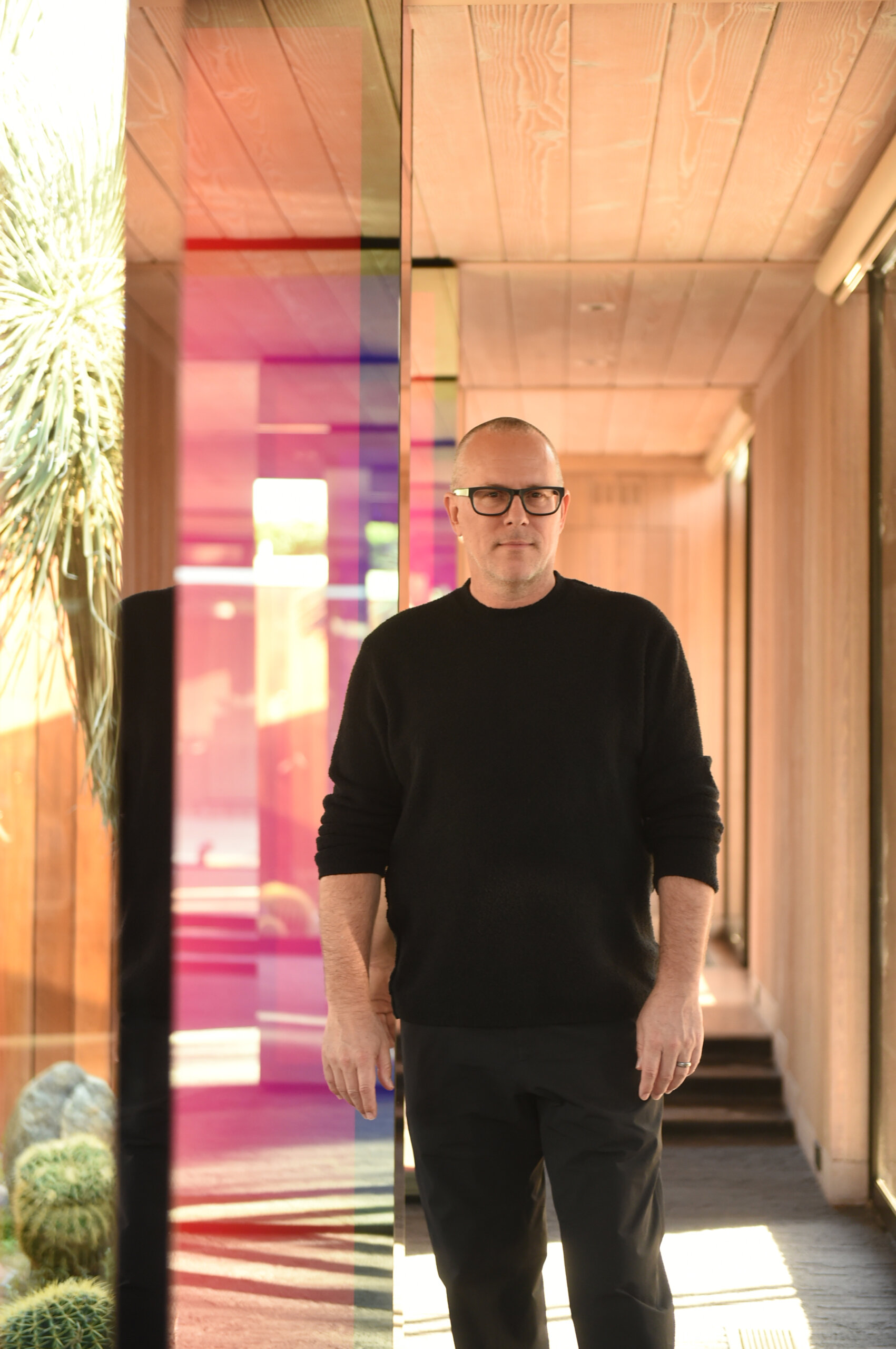
Like Cody, Smith’s practice is dedicated to encapsulating the desert’s magnitude. The artist spent his adolescence immersed in it— hiking into the Dos Palmas Preserve and cavorting with friends along the edge of the Salton Sea—before decamping east to study architecture at RISD. When Smith made his prodigal return home eleven years later, the mountains he’d seen a thousand times as a youth became an electrifying study in texture, light, and shadow. He began making work that recontextualized the region’s eerily anachronistic natural forms—like Lucid Stead, 2013, a 70-year-old shack near Joshua Tree embedded with mirrors and light panels to create an oasis-like ripple in the landscape, or Reflection Field, a quintet of works that reigned over Coachella during the festival’s 2014 edition. “You have this clean horizon line—sky and land. Within that vista are these beacons—out of nowhere, a single tree, a boulder, a dune.”
It’s no surprise, then, that Smith’s first major artistic intervention into domestic space is focused on drawing the outdoors in. The Cody house was a captivating interlocutor for the now 52-year-old artist, whose 11 floor-to-ceiling reflective and lit “volumes” stood like sentinels throughout its rooms and halls. Reflective during the day, 0/90/120 came alive between 3 and 7 p.m., when the intertwined phenomena at the heart of Smith’s practice were at their most hypnotic. “The rapid change in light that happens at sunset emphasizes how much the world is constantly transforming around us,” he says. The work’s title notes the angles of the volumes in relation to each other—each composition creating vertiginous rabbit holes of color that transformed the boundaries of the space as the sun made its descent.
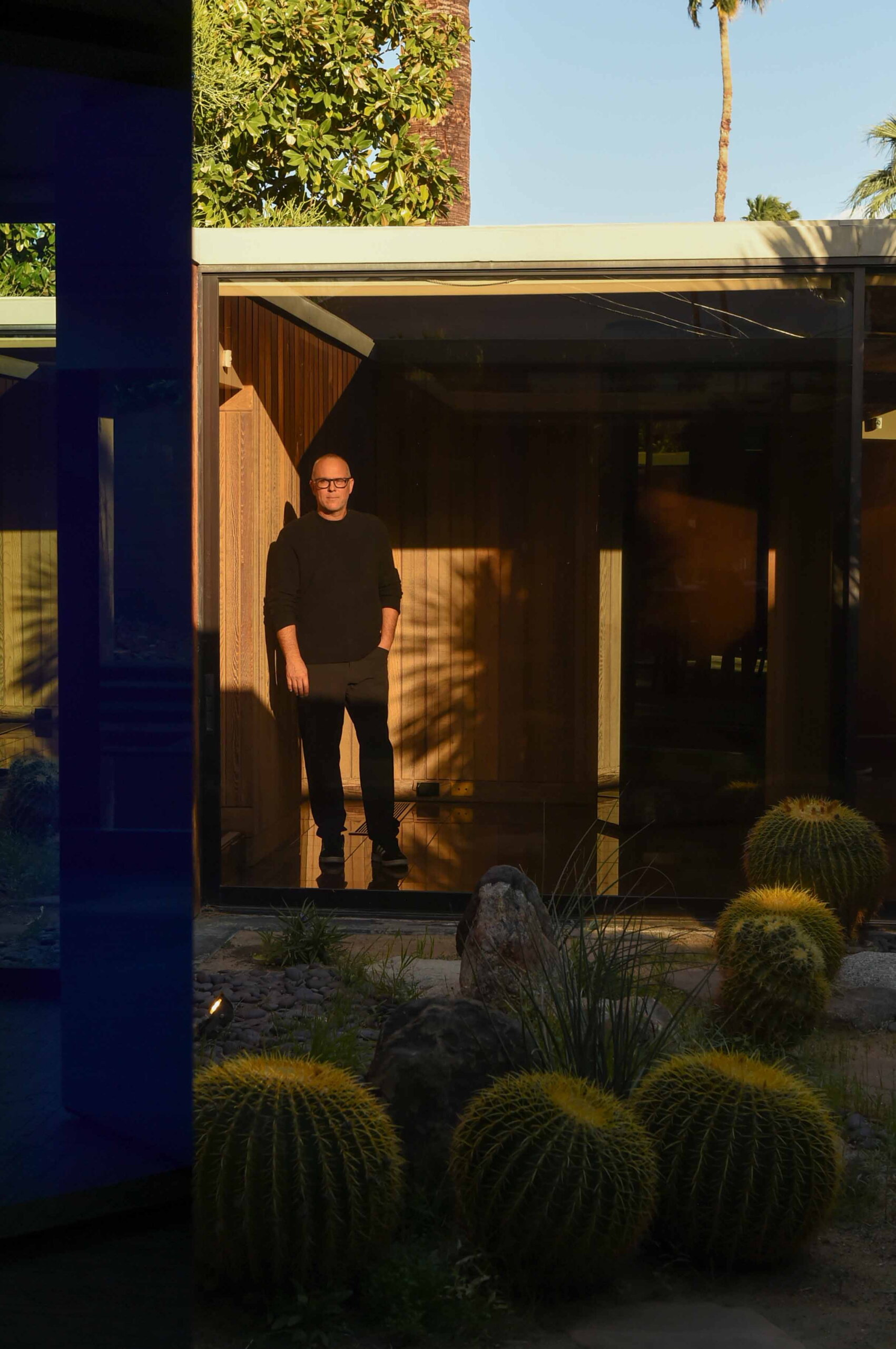
The inquiries most pressing to Smith—“How can I take a massive phenomenon and compress it? Can I crystallize its purest elements in the form of a singular object?”—echo those of his predecessors, the Light and Space artists who conducted similarly prismatic undertakings from their perches along the coast. “They were watching the sun shine through rolling fog over Venice Beach and attempting to capture it. I can’t make anything more beautiful than the desert sky, so I’m going to present it to you instead—in a way that warps your perception of space,” the artist muses.
The Cody house residency of 0/90/120 came to an end in May, but its effect on Smith was profound; he’s already at work on several new projects in response to the experience. The artist is quick to emphasize that this is part of the process, too: “There’s a reason people have traveled to the middle of the desert for millennia,” he muses. “It’s a place to reorder and dismantle the hierarchies in our lives.”
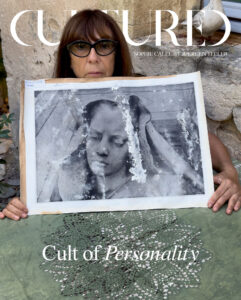
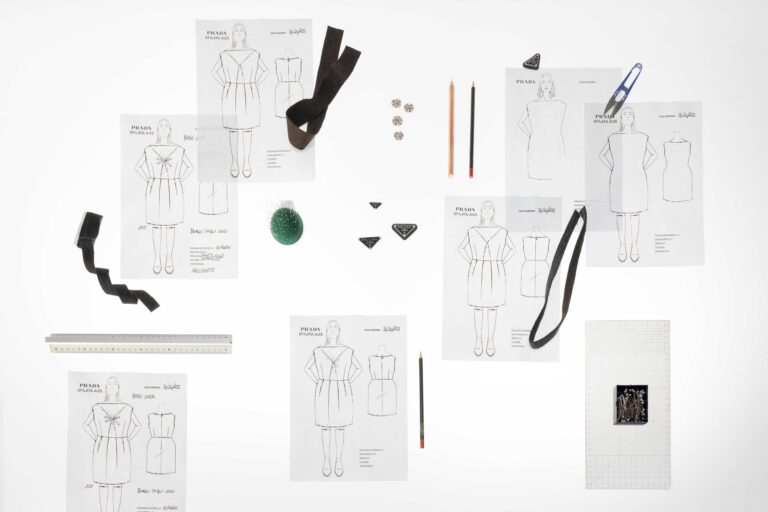
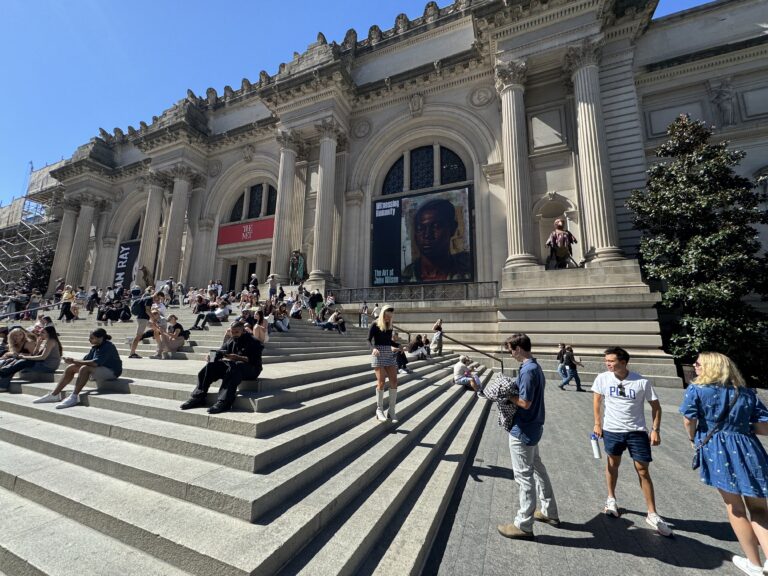
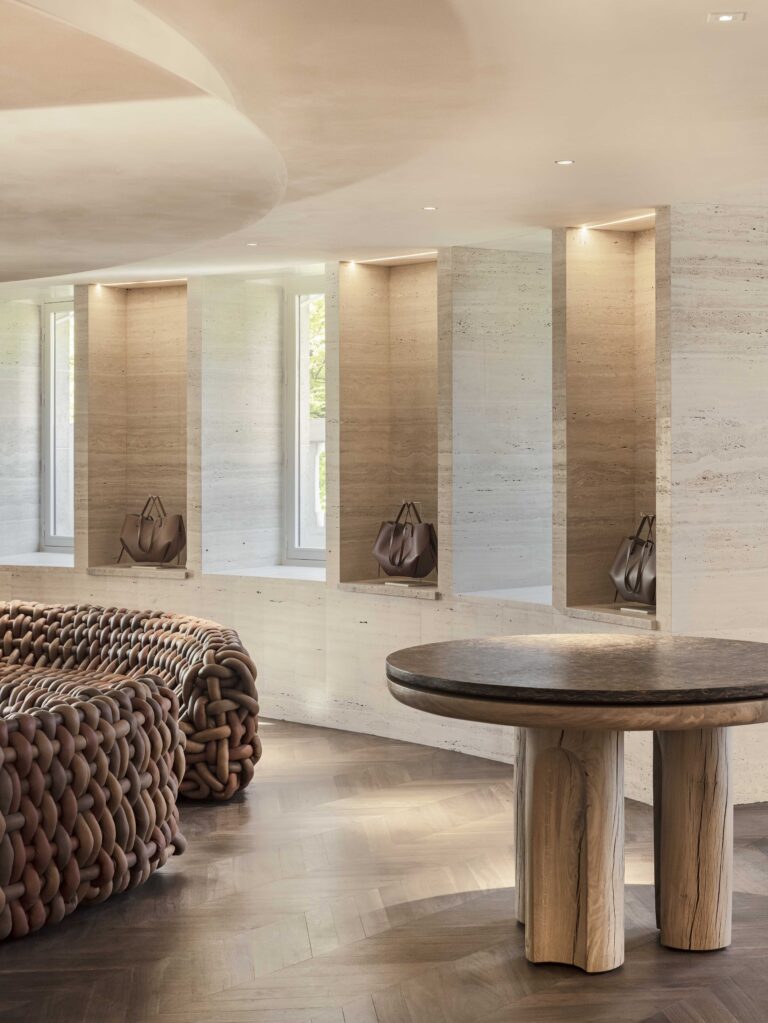
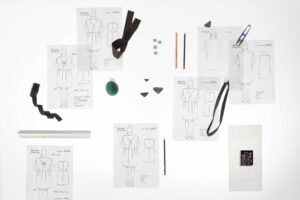
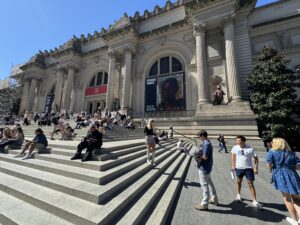
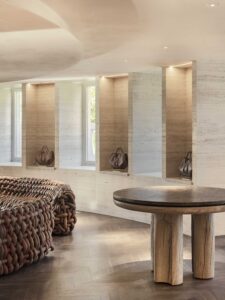

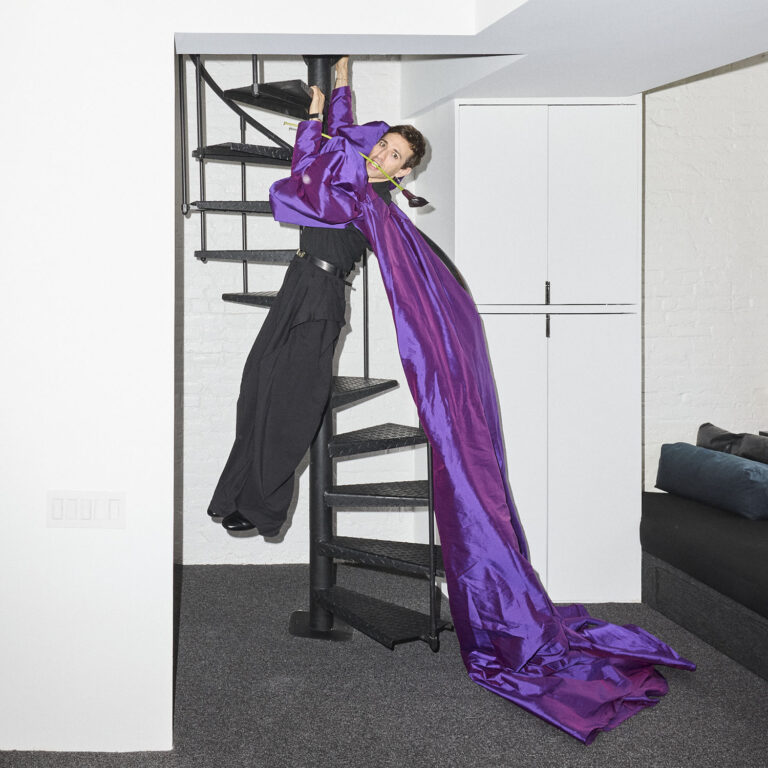

 in your life?
in your life?

